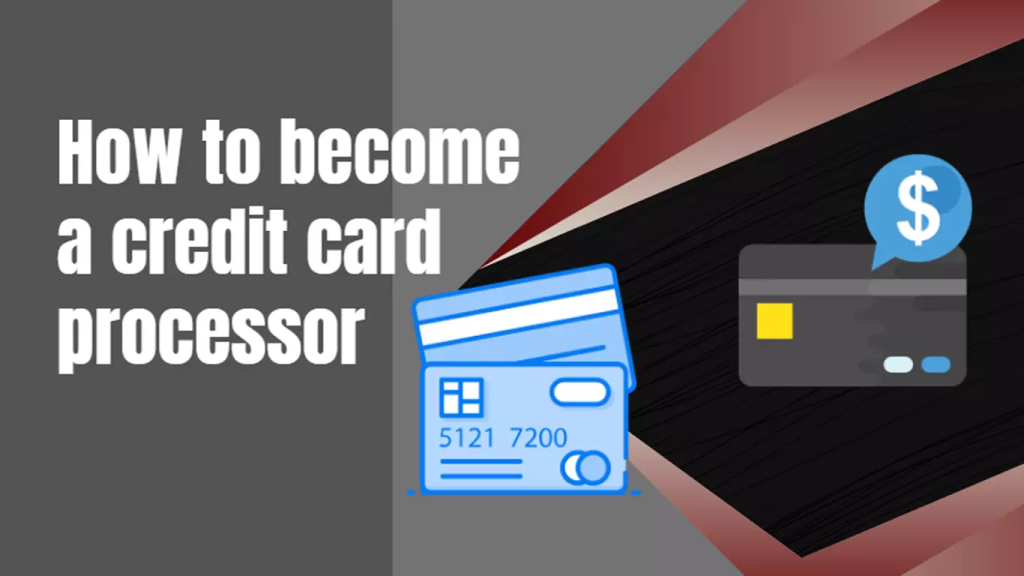Becoming a charge card processor requires navigating a complicated landscape of financial regulations, scientific breakthroughs, and market dynamics. This is a detailed guide outlining the key steps and considerations for individuals or companies ambitious to enter the credit card running industry.
Understand the Industry:
Before diving to the charge card running business, it’s essential to achieve an extensive knowledge of the industry. Familiarize your self with cost running techniques, merchant services, submission demands, and emerging trends. Remain educated about the regulatory environment and business most useful practices.
Get Business Information and Abilities:
Equip your self with the necessary understanding and abilities to achieve the credit card processing arena. Including knowledge payment technologies, fraud prevention procedures, risk administration, and customer service. Consider obtaining applicable certifications to improve your standing within the industry.
Appropriate and Regulatory Conformity:
Complying with legitimate and regulatory needs is paramount in the financial sector. Research and abide by the regulations governing credit card control, including data safety standards (PCI DSS), anti-money laundering (AML) regulations, and different industry-specific regulations. Consult appropriate specialists to ensure full compliance.
Build Market Associations:
Building a system within the credit card processing business is invaluable. Create contacts with financial institutions, cost processors, engineering services, and industry associations. Attend conferences, workshops, and network events to stay abreast of industry developments and move meaningful relationships.
Create a Business Plan:
Art reveal organization program describing your perspective, vision, goal market, revenue product, and growth strategy. Recognize your competitive benefit and establish your distinctive selling propositions. A well-thought-out organization approach serves as a roadmap for the credit card running venture and is essential for getting investors or getting financing.
Pick Technology Associates:
Choose trusted engineering associates, such as payment gateways, electronics suppliers, and software developers. Your choice of technology will influence the performance and safety of one’s credit card control services. Guarantee that your technology infrastructure conforms with market standards and is effective at handling future scalability.
Acquire Necessary Certifications and Submission:
Acquire the mandatory certifications and comply with market standards. This could include obtaining Cost Card Business Information Protection Common (PCI DSS) conformity, which guarantees the protected managing of sensitive cardholder data. Compliance with these standards is not only a legal necessity but in addition instills confidence among customers and partners.
Marketing and Sales Techniques:
Build powerful advertising and income methods to advertise your charge card processing services. Spotlight the advantages of your attractions, stress safety features, and present competitive pricing. Leverage electronic marketing, content formation, and a solid on the web presence to achieve potential clients. Establish obvious communication channels to supply how to become a credit card processor and build sustained relationships with merchants.

Embarking on the journey to become a bank card processor requirements cautious preparing, constant understanding, and a responsibility to keeping abreast of market developments. By combining market knowledge, technological proficiency, and a proper approach to organization progress, future credit card processors may position themselves for success in this active and ever-evolving field.